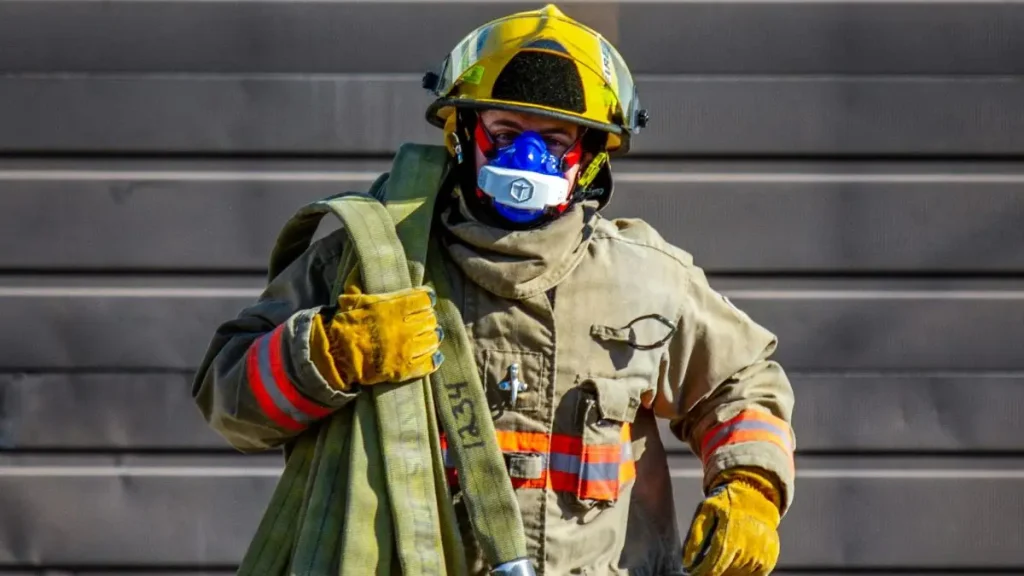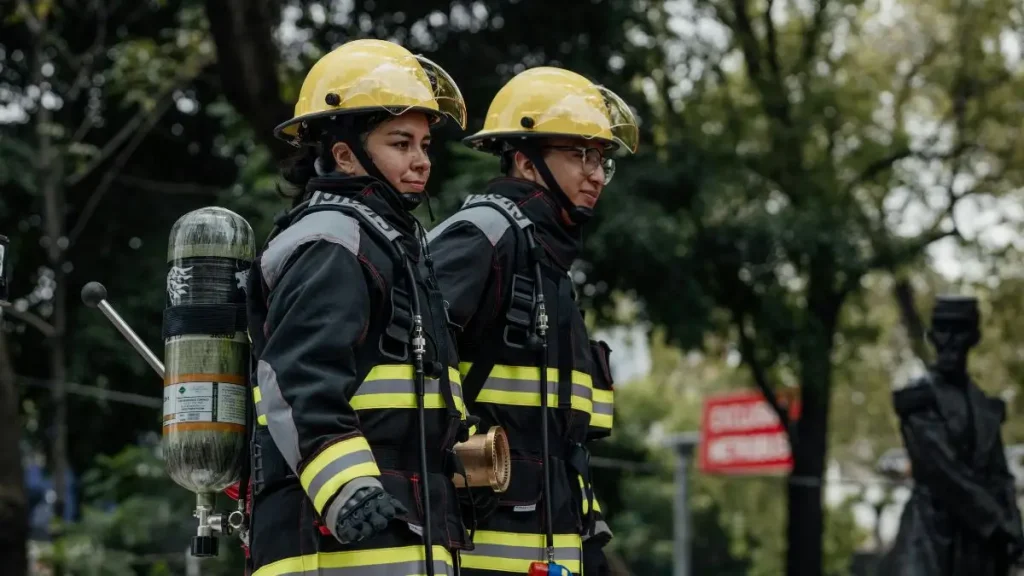Morning House Fire in Massachusetts Displaces Residents, Pets Safely Rescued
I followed the reports coming out of Raynham on Thursday morning: around 7:45 a.m. crews rushed to a single-family home on Broadway after calls of smoke, and found heavy flames in the back. Seven people got out, five cats, a rabbit and a couple of snakes were rescued — sadly one cat did not survive. Two people were checked at the scene; no serious injuries were reported.
The blaze was knocked down in about 30 minutes with help from nearby departments, state police and the state fire marshal, and Broadway was closed until roughly 10:30 a.m. The American Red Cross is helping the displaced family, and the cause is still under investigation.
I’ll walk you through what truly matters in this story — what other reports skimmed over, the real lessons for pet-owning households, and clear steps you can take right now. First: do you have a fire escape plan that includes your pets?
Early Morning Chaos on Broadway

I first read the breaking update on WPRI News, which confirmed what locals were already seeing in live clips — thick smoke billowing from a home on Broadway in Raynham around 7:45 a.m.
Firefighters arrived within minutes and found the rear of the house engulfed in flames. According to WPRI, it took roughly half an hour to bring the fire under control. Nearby crews joined the response, closing down part of Route 138 until late morning.
When you imagine waking up to that kind of panic — alarms, pets scattering, smoke filling the air — you realize how fragile those first two minutes can be. What saved this family wasn’t luck alone; it was quick thinking, working smoke alarms, and teamwork across departments.
Family, Pets, and One Heartbreaking Loss
The Raynham Fire Department’s official report filled in the details that most headlines skipped. Seven residents made it out safely. So did five cats, a rabbit, and a pair of snakes — a mix you rarely hear about in fire stories.
One cat, however, didn’t make it. As a homeowner and pet parent myself, that single line from the report hit me harder than the stats. Losing a pet in a fire isn’t just emotional — it’s preventable in many cases, and that’s a message more of us need to take seriously.
The department also confirmed no human injuries, and credited working smoke alarms and fast evacuation for the safe outcome. It’s a quiet reminder that sometimes the most ordinary devices in your home are the ones that save every heartbeat inside it.
Even in tragic cases like the Hawaii home fire that claimed the life of a 93-year-old woman, investigators emphasized the same thing — early alerts and awareness make the difference between survival and loss.
What Investigators Are Looking At?
As of now, state fire officials and the Raynham department are still piecing together what sparked the blaze. The initial signs point to the back section of the home where flames spread fastest, but no cause has been confirmed.
This phase is slow and technical — investigators sift through debris, analyze burn patterns, check wiring, and sometimes wait for lab results. Most readers skip this part, but I find it fascinating. Every answer they uncover helps prevent the next “Raynham home fire.”
The chief’s closing line in his report said it best: “Please check your smoke alarms today.” That’s not a public-relations sound bite; it’s a plea.
If you like staying ahead of local safety updates and quick home protection tips, there’s a WhatsApp channel I follow that curates verified emergency alerts and prevention stories. It’s been surprisingly useful for keeping track of regional fire reports and safety reminders.
Lessons for Every Homeowner

Reading about this fire, I kept thinking: how many of us actually have a fire escape plan that includes our pets? We test alarms for ourselves — but what about the cat hiding under the bed, or the rabbit in a back room?
Start simple. Mark exits. Keep pet carriers near doors. Store emergency leashes close to where you sleep. Test smoke detectors every month, and if you can, use smart alarms that alert your phone even when you’re away.
The Raynham family’s survival story shows what works: awareness, alarms, and quick reaction. You don’t need to overhaul your house; just start with one safety check today.
So tell me honestly — if a fire broke out right now, do you know exactly how you’d get yourself and your pets out in under two minutes?
We’ve seen similar investigative efforts in other recent cases, like the mobile home blaze in Lengby, Minnesota, where quick response teams worked through freezing conditions to trace the source.
Picking Up the Pieces
In the hours after a fire, the hardest part isn’t the smoke or the damage — it’s standing outside your own house and realizing you can’t go back in. The Raynham family is now getting help from the Red Cross while officials assess how badly the rear of the home was damaged.
I’ve seen this moment play out dozens of times over my career: families waiting with blankets around their shoulders, pets in carriers, firefighters doing one last sweep. It’s quiet, heavy, and oddly humbling.
If you’ve ever had to rebuild after a loss, you know that the cleanup is only part of the journey. Insurance calls, temporary housing, finding what can be saved — it takes weeks, sometimes months. But what matters most is that everyone made it out alive. Everything else, no matter how valuable, can be replaced.
It reminded me of the Southeast Portland house fire where neighbors watched as firefighters fought to save what remained — a painful but powerful reminder of how fast flames can take over.
The Real Takeaway — Two Minutes That Matter
If there’s one thing the Raynham home fire teaches us, it’s that preparation isn’t paranoia. It’s love in action — for your family, your pets, and your peace of mind.
Check your alarms tonight. Walk through your home once and ask, “If something happened, what’s my next move?” Write it down, even if it feels silly. Because when the smoke alarm screams, those seconds of clarity will save you.
And if you’ve ever faced a home emergency or had to rebuild after one, I’d genuinely like to hear what helped you recover — emotionally or practically. What did you learn that you wish someone had told you sooner?
If you’re interested in reading more real-life fire stories and what they teach us about safety, visit our Home Incidents section for more.
Disclaimer: Details in this article are based on official reports and verified local news sources, including the Raynham Fire Departmen. Information may be updated as the investigation continues. Always refer to local authorities for the latest safety guidance.


